|
Singer songwriter, painter, essayist - Tom Russell has recorded thirty five highly acclaimed records, & published five books: 120 Songs of Tom Russell; Tough Company - Letters with Charles Bukowski; Blue Horse Red Desert: the Art of Tom Russell; Bloodsport a crime novel published by Aschehoug, Norway; and - And Then I Wrote: The Songwriter Speaks, with Sylvia Tyson. Tom Russell songs have been recorded by Johnny Cash, Doug Sahm, Nanci Griffith, K.D. Lang, Ramblin' Jack Elliott, Ian Tyson, Iris Dement, Joe Ely, and a hundred others. Tom Russell graduated from The University of California with a Master's Degree in Criminology. He was recently awarded the 2015 ASCAP Deems Taylor Award for excellence in music journalism In 2015 Russell released a 52 track "folk opera" on the West, The Rose of Roscrae, was deemed: maybe the most important Americana record of all time by UK Folk, the top Folk album of 2105 by Mojo Magazine, and hailed in top ten lists in two dozen publications including The Los Angeles Times. He has appeared on the David Letterman TV show five times. His latest release (May 2016) is The Tom Russell Anthology 2 (Gunpowder Sunsets) - 19 Tracks. Recent Quotes on Tom Russell: Tom Russell is Johnny Cash, Jim Harrison and Charles Bukowski rolled into one. I feel a great affinity with Tom Russell's songs, for he is writing out of the wounded heart of America. Lawrence Ferlinghetti (Poet) Tom Russell is an original, a brilliant songwriter with a restless curiosity and an almost violent imagination. “Blood and Candle Smoke” is vintage Russell, and the Graham Greene connection is a ‘beaut. Annie Proulx (The Shipping News, Brokeback Mountain) Tom Russell is the last great American voice. Ken Bruen (The Dramatist, The Cross) How great is Tom Russell? Isn't he the best? I'd like to quit my job and travel with him...if the money can be worked out... David Letterman, Late Night with David Letterman AHC: What has this journey, this life in music been like for you, the highs and the lows, and what life lessons do you feel you've picked up along the way? Tom: Forty years on the road? Well, I'm working on a music memoir now so it will all be in there. I have learned, via my wife, to live more healthy…you can't survive the road if you don't eat good, sleep good, try for the decent gigs. Bad hotels, mean bad beds, means bad backs. I combine yoga with eventual wine drinking. The highs were maybe singing with Johnny Cash…the lows range into the thousands. I started out on Skid Row in Vancouver backing up snake acts and sword swallowers, so you can imagine the color. AHC: What first drew you to music and what was your early musical environment like growing up? Were there pivotal songs for you then that just floored you the moment you heard them? Tom: "El Paso," by Marty Robbins floored me. It worked the same with Bernie Taupin, who told me (he writes lyrics for Elton John) that "El Paso" lured him into becoming a songwriter. All of Dylan's 1963-66 period floored me. Same with Ian and Sylvia Tyson. When I was a kid we had a ton of great records and my brother, the cowboy, had early country and cowboy music. My Uncle George was a famous classical pianist, so there was music aplenty. AHC: Do you remember the first song that you ever wrote? Tom: I may have written some as a kid, but the first awful song I recorded was when I was in a band called The Mule Train on Skid Row, Vancouver. It was called "I'm Strung Out Like the Tightest Wire on a Frozen Barbed-Wire Fence." Top that. It was so bad it was good. AHC: Who are some of your musical inspirations? Are there certain albums or songs you couldn't live without? Or books for that matter, as you are one of the most literary songwriters around, what are the books that you keep returning to? Tom: Ian Tyson was my biggest mentor and we later wrote a lot of songs together. Sylvia Tyson as well. Bob Dylan, Merle Haggard, Leonard Cohen, Warren Zevon, Steve Young…so many. Books? Several Graham Greene novels that I read over and over when I lived in Nigeria in 1969. "The Heart of the Matter," my favorite. I also love Charles Portis' "Gringoes," and "The Dog of the South." He also wrote "True Grit," which is a classic as much as Hucklberry Finn. Leonard Gardner's "Fat City" is a classic. Only thing he wrote. Great film too. AHC: What do you think makes for a good song, as you're writing and composing, is there a sudden moment when you know you've found the right mix, that perfect angle of light, so to speak? Tom: It's all mystery, and when you try to put a tag on it or figure it out you're bullshitting…because, like Picasso said, you leave your mind and body outside the studio door when you go inside and work. The great songs are mystical and have to do with that ancient idea of The Muse. That's why Nashville has gone to hell in the last thirty years…it's trite and concocted processed meat. Walmart territory. I prefer grass fed, organic beef. AHC: Do you consider music to be a type of healing art, the perfect vehicle through which to translate a feeling, a state of rupture, hope lost and regained? As a listener of music I have this impression, I wonder, as the artist, the creator, do you have this feeling about the transformative power of song? Does the writing and creating of the song save you in the kinds of ways that it saves us, the listener? Tom: Well said. Music hits everyone on a deep level - if it's good. Whether it's classical, jazz, or a simple folk song. It's healing because we do not age - we go outside of time when we hear or sing a good song or symphony. Time stops. There is now the notion that we are losing our sense of "myth," our stories, our symbols and metaphors…all this stuff that resides in great songs. It's all psycho-babble now. Rhetoric. George Orwell said the English Language was deteriorating in 1946. So, look how far we've come. People go on the internet to find love, and then text their lovers. We've dumbed down the creative lingo. AHC: In a world that is moving faster and faster, for better or worse, I think that really good, tried and true music helps orient us to our times, slows us down and brings us back to ourselves, I think your music is such a great example of this, folk and Americana music in general is. When you set out to write an album of songs, how much does 'where the world is' in its current moment, culturally, politically, otherwise, influence the kinds of stories you set out to tell? Tom: Not much, though I must say I have a new song based on an uneducated white guy who's trying to relate to the current political scene in the USA. He's not a fascist or a redneck, he's just some guy working in a hardware store and drinking with his Mexican buddy…and they're trying to figure it out. I've worked lots of shit jobs with people like this and have sympathy for them…they don't connect to political rhetoric. It's over their heads and a savage game/ Some of my other news songs sound like folks songs written 100 years ago…I hope. AHC: What are your favorite on-tour, on-the-road memories? Tom: Singing with Johnny Cash, in Switzerland. Getting to sing "The Weight" with Levon Helm before he passed on. But just plain surviving and being able to play for a fanatic audience…like 400 people in a rock club in London, or on the David Letterman show. Our audience is still building and that's keeping me going. AHC: Do you have any words of advice for young musicians and singer-songwriters out there who are trying to find their voice and their way in this world? Tom: Avoid song workshops. And alliances. Pray. Go back to your roots and try and figure out where you came from. And your great grandparents. Study the Scots-Irish tradition in song. Learn 20 old vintage folk songs. Sing some Hank Williams…do as many open mics as you can. Don't listen to too much advice. A writer, according to Hemingway in his 1954 Nobel speech, "faces eternity, or the lack of it, everyday." He or she works alone…trying to go further than you've been before. It's a long journey - falling upward all the time. AHC: Do you have any new projects in motion you'd like to tell people about? Tom: I have a book of essays coming out: "Ceremonies of the Horsemen," themes centered in the West. Non fiction. From Johnny Cash to tequila. I'm working on a music memoir for a London agent, also working on songs for a new record next year. And painting a lot. My art can be seen at: www.tomrussellart.com Books and records: www.fronterarecords.com Concerts etc: www.tomrussell.com I've also been doing what I call a "virtual radio show" on our Facebook - called "Nova Beat Express." I post a few songs everyday, by myself or others, and tell some stories about them… it's approaching 20,000 listeners: https://www.facebook.com/russelltom/ AHC: Can you tell us a bit about your process, themes & inspirations? Alexandra: Process: Photographs from my trips and other images I find in books or online usually trigger an idea and are significant material to start with. I make some sketches, collages and color palette studies before I start working on a series of paintings. Theme: The passing of time, the memories, the mystery of life and death are very present in my work. I like to exteriorize the anguish of the unknown via the fragility of the woman. Inspiration: Scientific readings; mostly physics, astrophysics and biology and other poetry and literature. Painters and filmmakers such as Gauguin, Matisse, Maya Deren, Alain Resnais, Edvard Munch, Odilon Redon, Gustave Moreau, Pierre Puvis de Chavannes, etc. inspire my work quite a lot. AHC: What first drew you to art? Was there a specific moment in your life or turning point where it became clear to you that you were being called to create? Alexandra: As a child I was influenced by my grandmother who used to paint. Then I always knew that I wanted to have a "creative" career. Later, my experience at commercial creative jobs, made me realize I prefer more individual and personal processes. I really started to explore that when I moved to Montreal. I found it deeply therapeutic to focus on the same project for a long time, that's what motivated me in the first place. A kind of identity exploration. AHC: You've written that women still remain the symbol for the expression of universal emotions (love, fear, anguish) and your work embodies this so poetically, the landscape, all the elements of water & earth, seem to flow like fluid liquid through bodies, intermixing, becoming one with the female form/soul/heart/muscle/mind, could you talk some about your ideas and philosophy around the female form and embodiment's of the universal in your work? Alexandra: Woman in my work represents life. She is the enigmatic beauty of mother nature. With this, I want to make the viewer realize the extraordinary chance we have to experience life despite the inevitable pain and misfortune that life brings. I want to communicate the mystery of the universe and the beauty of human kind. AHC: You've said that your work explores relations between the comfort of the body and the quietness of the spirit, and the inter-relatedness of body and environment factor heavily in your visual work, could you talk some about your views of the environment and its impact on our state of mind, and your views of relationships as the basic component of all that matters most in our world? Given how fragile and fraught with peril our world and environment is becoming, are you hopeful that we, as a species, will come to our senses soon and realize what is truly at stake and how much we owe it to each other and the environment to live more responsibly and responsively? Alexandra: I really hope humanity can realize that we are born from Nature and from the Water, elements that existed before us. Nature and the Universe can exist without us, but we can’t exist without Nature. This is one important message of my work. AHC: You also work on film projects, could you talk some about this aspect of your work? Alexandra: Films allow me to deepen certain dimensions of my work such as the concept of time and space, the movement, the cycles, the life and the unquietness. The music, sounds and movement in animation gives me the opportunity to exceed the static pictorial representations. AHC: There's a quote on your site by Gaston Bachelard which reads "In the heart of the matter there grows an obscure vegetation; in the night of matter black flowers blossom. They already have their velvet and the formula of their scent.” I love this quote, do you feel that it encapsulates the tone and intention of your work? Alexandra: Yes, absolutely. When I read it for the first time I was mesmerized, it fit exactly with what I intended to say with my images. AHC: Who are some of your artistic influences? Is there anyone outside of the art world who has had a huge impact on your work, writers, filmmakers, musicians, philosophers etc? Alexandra: Philosopher and physicist Etienne Klein, Stephen Hawking, Jean Epstein, and filmmakers Maya Deren, Alain Resnais. Writer Susan Sontag also. AHC: Do you have any upcoming exhibits or new projects you'd like to tell people about? Alexandra: I’m currently working on some new paintings for 2 upcoming group exhibitions to be held in next spring in Australia and California. Beside this, I am working on a new short film project. For more information visit alexandralevasseur.com/ All images © Alexandra Levasseur alexandralevasseur.com/ AHC: What has this journey, this life in music been like for you, both the highs and lows, and what life lessons do you feel you've picked up along the way? Vanessa: Patience! That's the number one lesson I've learned from this journey, and I'm still learning it every day. I'm a naturally impatient, quick-moving, quick-thinking person, and in this business sometimes it takes years to see dividends from all of the hard work you put into it. I've also learned time and again that life is not a meritocracy - I've seen a lot of my friends who are enormously talented give up on trying to make it because they just can't seem to get a foot in the door. It doesn't seem fair sometimes, but I guess that's another lesson I've had to relearn time and again - life really isn't fair, and you'll be a lot happier if you stop expecting it to play by your rules. AHC: What first drew you to music and what was your early musical environment like growing up? Were there pivotal songs for you then that just floored you the moment you heard them? Vanessa: We listened to everything... my aunt was really into musicals and show tunes, my mother was more into classic country, and my dad listened to a lot of 70s and 80s rock... and when I was younger I listened to a lot of mainstream pop and rock. Anything I could sing to, really - I was never into heavy stuff, didn't have enough melody to interest me. I liked (and still do) songs that tell a story, paint a picture. I like short story songs, but they don't have to be ballads, or even folk songs in the traditional sense. I just love songs with an a-ha moment or line, like "Kathleen" by Josh Ritter - "every heart is a package, tangled up in knots someone else tied." That's greatness. AHC: Do you remember the first song that you ever wrote? Vanessa: I think I've blocked it out. :) I think the first one I ever finished was actually an assignment for a creative writing and literature class of mine - we had to inhabit a character from one of the novels we had studied that semester (it was a southern lit class) and I chose to write from the point of view of Jack Burden from All the King's Men. It was a terrible song, but the important thing is that I finished it and performed it (because I had to, for a grade), and I think it helped get me over the hump. AHC: Who are some of your musical inspirations? Vanessa: Sarah Harmer and Aimee Mann were my big gateway drugs into singer/songwriters, but I love The Weakerthans, Kathleen Edwards, Elliott Smith (huge early influence), Billy Joel (love his melody and just how easy his songs feel)... Hello Saferide has become a big influence lately as well. The Jayhawks and Wilco. AHC: What do you think makes for a good song, as you're writing and composing, is there a sudden moment when you know you've found the right mix, that perfect angle of light, so to speak? Vanessa: I don't know that I can put my finger on it. I just know, and that's usually when I'm without a pen or paper. :) Ha! Seriously I usually have to dash away to go get a scrap of something so I can make sure to write down what I just hit on. I'm still not that keen on just recording straight into my computer. Sometimes that works for me, but more often not when I see it I just think of other work I'm supposed to be doing and I get distracted. Pen and paper is still best for me. AHC: Do you have a personal favorite, of all the records you've recorded throughout your career? Vanessa: I have a soft spot for Little Films, my first "fully-realized" album. But I don't know that I prefer any of them over the others. They were all so tied to a specific time and place in my life that when I re-listen to any of them, I'm transported back there, and I'm grateful for the little time capsules they represent, both of the wonderful musicians I've been lucky enough to play with, and the places I've called home. AHC: What are your favorite on-tour, on-the-road memories? Vanessa: Too many to count. I love finding beautiful places on days off - we went for a gorgeous hike in the mountains of West Virginia once, and spent a lovely fall day tooling around Minneapolis.... the best days off are in Europe, and I'm lucky to have had so much time touring the Netherlands and Italy and Germany... interesting, wonderful places. AHC: Do you have any words of advice for young musicians and singer-songwriters out there who are trying to find their voice and their way in this world? Vanessa: Don't forget it's a job! But don't forget to have fun. And try (this is so hard for me) not to judge your own worth as a musician/songwriter based on the fickle fortunes of the music industry. AHC: Do you have any new projects in motion you'd like to tell people about? Vanessa: We're working on some new material but right now we're just trying to be really free and experimental with it, trying different instrumentation and electronic things that we haven't played with in the past. Nothing to share yet but hopefully soon. For more information visit vanessapeters.com/ AHC: What has this journey, this life in music been like for you, the highs and lows, and what life lessons do you feel you've picked up along the way? Rachael: This journey was never one that I asked for. Looking back upon it now, I see that this is the journey I was meant to be on, but in the beginning I just went with it because I had no other plans. I can’t really say I’ve had many lows (stay with me), mostly because I wasn’t aware that I was supposed to desire the highs. I paid attention to the doors that opened and as long as they kept opening, I kept going. I’m just grateful that I kept going. Because now I’m in a place where I can appreciate the journey and acknowledge my worth and place in this industry. AHC: What first drew you to music and what was your early musical environment like growing up? Were there pivotal songs for you then that just floored you the moment you heard them? Rachael: I played piano, clarinet, violin as a young kid. Piano was the main instrument I stuck with for 5 years. Lessons were a chore. I begged to quit. Years later (as a teenager) I was gifted a guitar, I locked myself up in my room and started learning the songs that I wanted to learn. Music that I chose. Music that was mine. I was free to be creative, free to feel my teenage feelings. There were so many pivotal songs but off the top of my head is Tori Amos' "Beauty Queen/Horses". So beautiful, so dark, so full of feeling. AHC: Do you remember the first song that you ever wrote? Rachael: I think there was a song called “The River” that my mom swears to this day should have been a huge hit. (Let’s just say I’m glad I don’t remember it) AHC: Who are some of your musical inspirations? Rachael: It all started with Cyndi Lauper. That transitioned into a lot of punk rock and musical theater. There have been so many musical inspirations and this answer changes daily, but these are pretty tried and true and very important to me when I was discovering writing: Tori Amos, Bjork, Radiohead, Modest Mouse, Tom Waits, Patty Griffin. AHC: What do you think makes for a good song, as you're writing and composing, is there a sudden moment when you know you've found the right mix, the perfect angle of light, so to speak? Rachael: Honestly, I think it’s just when it FEELS good. When it feels good to sing, and you yourself (as the writer) are not bored, feel it and believe it. If you can do that, it’s a good song. AHC: What are your favorite on-tour, on-the-road memories? Rachael: I have many cherished tour stories, but I think my most magical memory was touring with Tyler James (now of the band Escondido) in the Pacific NW and beyond. It was so beautiful. There wasn’t much social media in those days so distractions were pretty non-existent. We drove through the redwoods during a full moon listening to Tom Petty, talked at length about life and spirituality, played at cozy welcoming venues, and just enjoyed the ride. AHC: Do you have any words of advice for young musicians and singer-songwriters out there who are trying to find their voice and their way in this world? Rachael: Just don’t ever stop. If you feel that this is what you’re meant to do, people believe in you (other than your family & friends) and you love doing it - then don’t stop. It took me about 15 years to get to the place where I’m comfortable in my career. The journey was my lesson/my school and I wouldn’t have it any other way. If you want it now, then get out there - make friends with other musicians, play shows together, hustle, book a tour, reach out, and if you think you’re doing enough - do more. AHC: Do you have any new projects in motion you'd like to tell people about? Rachael: I put out a studio project under the name “Little Brutes” - we have a few songs and a music video out there in the world. Right now I’m working on topline writing (writing for other artists/projects) and working on some personal secret projects. Hopefully I’ll be able to share some of that soon! For more information visit www.rachaelcantu.com/#about
Matthew Ryan - Photo by Sarah Kay
AHC: Over 20 years in music, that is quite a stretch of time and the musical outcome is as potent, heartbreaking and honest as music gets. What has this journey been like, the ups, the downs, the life lessons picked up along the way? Matthew: It's surreal. Feels like I just started yesterday. I've been simultaneously lucky and unlucky. But that's true for all of us I think. I have some scars from my travels, both in the soul and on the skin. But I've had a fair amount of grins too. I've done ok for myself. It feels good, I'm hungrier now than I've ever been, and I was starving when I started. We live in a strange time. Technology is changing us in some dark and fundamental ways. Though some good comes of it as well, the good music, that draws on and from and for the real, is needed now more than ever. I think that the main lesson that I've learned is that there's no arriving, there's only traveling. There's only going and looking and working, and learning to laugh at the more absurd parts we get to know. We're all tourists. And love really is everything, it's the only engine of survival, just like Leonard Cohen said. AHC: Your first record, May Day, came out when you were 25, and as many others have commented, it was a record wise beyond its years, sung by a voice that had a 'lived-in quality' that rang so true no one could doubt the authenticity and the bruised poetry & life it sang of. Could you talk some about that period in your life, just starting out in music, as well as playing in bands before that record came out? What was going through your mind when you landed that A&M record deal? Matthew: It was a great demystifying. Heartbreaking to be honest. But much of that heartbreak was born in my own illusion of what MUSIC was. I didn't think of it as a business or a contact sport. I thought of it as some humanitarian cause, a higher plane, some magical community where the quality of your work alone is what mattered. And it kind of is like that in some ways and places. But the business will kill ya, or at least try. I didn't like seeing my life become a marketing campaign. I made some mistakes early on, I was too open about things that should've remained private. In many ways it was my own fault. I'm not blaming anyone, or anything. It just didn't make for a particularly beautiful waltz for me, the relationship between creativity and money and marketing. It took a long time for me to let all the aspirational business fall away. I only do what I love now, without regret. I've always been a bit strange, very sensitive. A bit of a loner. Of course when you're young, you sometimes can't tell the forest from the trees. It's all so very present that you assume it's real. I played in several bands before getting signed. All were wonderful people and trying to help as best they could. We all did things I was proud of, some music that could only happen with those particular humans. No one is replaceable. I often wish my first basement band and I had stuck it out. Naive earnestness is powerful stuff. But I had, and still have, a certain wounded-ness that only lets most people just so close. It's like I'm looking for something that I can't put a finger on. And somewhere I got the idea that I'm the only one that can figure that out. It's not something I'm proud of. It's an extension of my sensitivity I believe. I've always identified more with writers than performers. My process is more what I imagine a novelist or poet does. I love the process. But I also love playing music in a room with people too. I prefer to feel like I'm part of the people, not something people have come to observe. I love the collective weather that builds up in a room when we all decide we're in this moment together via music. I have to say, as insular as all that might come across, signing with A&M was an absolute thrill. Some of the people that I worked with at A&M are dear friends to this very day. I love them, and they love music in a way that seems foreign in much of the music business these days. There are pockets, an oasis here and there. But too much seems to be operating from the wrong engine. We gotta get back to art and heart, ambition only in regards to the table or house you're building where success is a result of good work. Too much seems like it's leaning for success like it is the destination. It's not. But back to A&M, one of my favorite bands from the 80's is The Blue Nile. Their albums were released by A&M here in The States. I used to drive around Newark, DE in my grandfather's Nova listening to Over The Hillside over and over again. What a beauty. When I saw the same logo, with its Horn and The A and The M, on May Day, I teared up. It was a real moment of feeling a part of the community I longed to know. It was very moving. With all that happened back then, I'd do it all twice for that sensation. It was a dream come true. AHC: You came back swinging with a subdued but fiery acoustic album 'Concussion' after your contract with A&M dissolved, and you've forged an amazing, fearless body of work since then, collaborating with a huge variety of different artists from Lucinda Williams to Hammock. What are your feelings about the music industry, the major labels, and their quotas of hits, what works and what doesn't? It seems to me a lot of these things/air play/decisions are manufactured irregardless of the authenticity of the art itself that songwriters like yourself so tirelessly and brilliantly put forward. Does it currently seem like a rigged system for independent artists/musicians? Matthew: Well, I think I answered most of this in your previous question. I'm not a fan of the phrase "rigged system." That suggests an allowance or excuse for defeat. I can't stand defeat. I can understand being discouraged, even needing a rest. But defeat is an ugly and useless response to struggle. I believe our culture is fucked up right now. We have our values and ethos in a collective chaos at the moment. We value success above all else. We impose all sorts of great qualities to too many people simply because they gathered wealth. We watch them on TV, we follow them on twitter. People cry over kitchen make-overs on television shows via 24 hour networks dedicated to the exploits and renovations of people wealthier than most of us. And it's scripted while being presented as real. This is a kind of soul pollution it's not escape. Nice kitchens are great, but stirring the soul to tears? I just don't fucking understand. In the 80's marketing pivoted towards children with 24 hour programming and commercials. They basically infiltrated the imaginations of generations and taught them what and how to consume. Even what to expect from music and a song. "They," man, I hate that word too. I'm not suggesting these were conscious decisions by some nefarious illuminati. I'm saying it was a business decision: The Adults Are Too Savvy, Target The Kids!!! There's a great documentary called "The Merchants of Cool." Seek it out, watch it. It's about MTV's commodification of rebellion. It's creepy. And weird. And destructive. Rebellion is what pushes us forward. Peaceful rebellion is the generational challenge to "what is." When that's turned into a brand... Then what? What are the ramifications of that? Socially? Politically? In the human heart? Technology has exacted another blow to our imaginations and morality with the internet. It's almost like we're under siege by the profit motive. Meanwhile some even bigger corporations are extracting the income and tools of several, dozens, if not hundreds, of former occupations. It's a consumption machine, at very high speed. They're decentralizing our collective consciousness for profit. And they're hoarding that income and wealth, and the rest of us are trying to make a living from what has been deemed "free." It's not free, billions are being made off this traffic. It's a mess. And art is suffering. So is good writing and critical thinking. And even romance. The internet is the loneliest place on earth, and we can't seem to get enough of it. It should be feeding us. The only way we turn this around is that we, all of us, demand more inclusion and work and creativity that matches the complexity of our interiors and thrusts us back into the real world. We're running on junk food now, I mean that figuratively... And I guess literally. The profit motive drove Taco Bell to feed people less a quality of meat than was required for dog food a few years back. I believe in capitalism, I believe it can work. But we need a more compassionate capitalism, a more inclusive and sustainable capitalism. What's happening right now heads nowhere useful. I don't know what all the solutions are, but I know there's a problem. Look at our election, good people are radicalizing themselves with bad information. Lies and vulgar manipulations essentially. It's a mess. But it's not a recipe for disaster. It's a recipe for a great renaissance... If we demand it. AHC: The characters in your songs are often people struggling to set things right, fending off traumatic memories, fighting against impossible odds, trying to stay alive the best that they can with the cards they've been dealt, these are not sugar coated songs or narratives, they're straight out of life as we know it. What inspires you to tell these stories and to shine a light onto the darkest corners of human experience, the struggle, the losses, the heart ache, the survival? Matthew: Well... Again, I think I said in my previous answer much of what drives and inspires me. I strongly dislike injustice. I hate it. I believe our job here is to try and leave things better than we found it. Or at least try. With mind, muscle, creativity, heart and hope. We gotta give it all we've got. AHC: Your music became a sort of theme on the television show One Tree Hill, it must have been nice to have a major network show champion your music to the degree that it did, was there someone there on the show or at the network who was a listener that made that happen? Are you surprised by all the support you've received over the years from a wide variety of shows and films? Matthew: Early on I was very anti "selling" my music to anything other than a listener. My ethos over time, and being a father to two sons, bent. "A man's gonna do what he's gotta do when he's got a hungry mouth to feed" and all of that. I still resist participation in commercials. I would do it only if I believe with all my being in the product or business or event. As far as television shows go, these are people that are trying to tell stories as well. And Mark Schwann (the creator of OTH) is a gigantic music lover. And he was trying tell his audience (of mostly teenage girls) some important things. So yes, I was and am honored. I was in a very "thin" period of my DIY efforts when One Tree Hill and a ton of other shows started using my music. It probably saved my life as an artist. My career has yet to surface in a way where I can sustain myself from touring or residuals or albums alone. It's a by-all -means available effort. I'm grateful when listeners, or a film or TV show, pay me for my work. It makes the future more navigable. And there's an ethereal reward as well when it comes to TV and Film, those songs were written for the very individual purpose of serving my own need to create. They were born purely. So when they're used, there's a part of me that feels something useful must've been communicated if another storyteller wants to use it to enhance the weather of the story they're trying to tell. I can only think of a few experiences more potent than the marriage of film and music and story, and that's love, live music in a room with others and well... You know... There's a few others. AHC: Who are some of your favorite songwriters and musical influences? Are there particular albums or songs that you couldn't live without? Matthew: The usual suspects. But my number one measure of what's meaningful as I've gone and gotten further-in is Joe Strummer. He never let me down. He threw it away and found it again. He was like a modern manifestation of Rimbaud's Season In Hell + redemption. I love his work and words for that. His work inspires me all the time to keep looking, and don't ever let a moment go uncommitted. Or at least try. There are albums I could live without. But there's a thousand songs I certainly couldn't. Songs have been my form of church, a commiseration with the human heart. What we are, and what we do, and always what can still be. AHC: What do you think makes for a good song, as you're writing and composing, is there a sudden moment when you know you've found the right mix, that perfect angle of light, so to speak? Matthew: It's a feeling. I'm only looking for a moment where all self-consciousness and posturing and bullshit or bravado seems to exit the room. It's not something I create, it's something I identify and welcome. It's not about chords or theory to me. It's about a feeling. And then I do a little editing. And then I try and record it before I start acting. AHC: Do you remember the first song you ever wrote? Matthew: No. AHC: Do you have any words of advice for young singer-songwriters who are starting out and struggling to find their voice and their way in the world? Matthew: Be part of the solution. But don't feel like you have to have the answers, that's not your job. AHC: Do you have any new projects that you'd like to mention? Matthew: I'm about to release a collection of ambient instrumentals. It's called Current Events. It's a love letter of sorts to the idea that instrumental music makes us leading men and women. I love the work of Brian Eno and Ryuichu Sakamoto, as well as a ton of other gifted provocateurs that work minus words. I'm in awe of what my friends in the post-rock bands, Hammock and Our Ceasing Voice, do. I sometimes feel instrumental music can be more generous than a song with a singer and lyrics because it encourages a person to convene with their own plots and interiors. I believe we need more of that today. Now I'm not the composer either Eno or Sakamoto is, or the arrangers Hammock or Our Ceasing Voice is, but I was motivated by instinct and love. I think it turned out good, feels like a particularly cinematic drive with an emotional hum to me. I'd like to invite anyone who's still reading at this point to visit www.matthewryanonline.com to give it a listen. It'll be released very soon, somewhere around the end of September, early October. I'm also finishing up a new album, we're mixing it right now. It'll be released in 2017. And I'm out touring for a good part of this Autumn. So you know, I'm keeping myself busy. This Year marks the 20th anniversary of This Fire, an album that marked a huge turning point for Paula Cole, arguably containing three of the best songs of the 90's, Where have all the cowboys gone?, Me and I don't want to wait. In 1997 she won a Grammy for Best new artist of the year, although, by that time, she had already cut her teeth on a massive tour with Peter Gabriel and one of the most powerful, hauntingly poignant debut albums ever produced from a young singer-songwriter, 1994's Harbinger. The songs on that album, much like the songs on This Fire, were confessionally fierce, they didn't quiver as much as they roared, sometimes softy, sometimes loudly, or both at once. Paula Cole was and still is a writer who just tells her truth, laying her sorrows, joys, and transformations on the table, because to do anything else would be unthinkable. The mark of a true artist is, in part, their ability to make us feel something, to give us the words we were looking for, and Paula has spent a life in music doing just that. Not an easy life or an easy task as she sings in 'Pearl' "There are no role models in rock n' roll, no women who could have it all, the long career, the man, the happy family, and here I stand and God I do demand it", she didn't just demand it, she lived these things as well and as true as anyone could. If a single sentence could say it all, which may be impossible, it would be what she wrote in 'Somethin' I've Gotta Say', "Don't confuse positivity for naivete, the great ones walked through hell to become that way" and there's no doubt that Paula Cole is one of the great ones. AHC: What has this journey, this life in music been like for you, the highs and lows, and what life lessons do you feel you’ve picked up along the way? Paula: That, my dear, is my autobiography. I’ll be working on that next, I think! I’m getting close to fifty years of age and there is just too much to say. I think philosopher/poet Rumi said it well when he contemplated and posited that if you wish to do something well in this lifetime, then do just one thing, Devote yourself to the one thing. It is natural to compare ourselves to others, but it’s a waste of time. Really we have our one life. Hopefully we make life better for others while we are on the planet, that’s the point, really. AHC: What first drew you to music and what was your early musical environment like growing up? Were there pivotal songs for you then that just floored you the moment you heard them? Paula: Music was a fun, joyful daily expression in my home. My Dad played multiple instruments and played bass in a band on the weekends. It was so natural and it made me happy. I didn’t realize then, of course, how special it was. My Dad was a huge influence. From his perfectionism, his work ethic, his soulful musicianship, his joy, his sensitivity and proclivity to anxiety and depression, his intellect, I am my father’s daughter. AHC: Do you remember the first song you ever wrote? Paula: I remember, yes. It was called “God May Take the Earth”. Maybe I was five or so? Though I was raised with questioning, scientific, atheistic tendencies, I felt deep spiritual connection and was contemplating the impermanence of the Universe! AHC: Who are some of your musical inspirations? Paula: My Dad, my female legacy of grandmothers and great-grandmothers who weren’t allowed to be professional anythings. My beautiful artist mother. They were secretaries or teachers or housewives – their art was private and uncelebrated. Also Peter Gabriel, Aretha Franklin, Kate Bush, John Lennon, Joni Mitchell, Dolly Parton, Emmy Lou Harris, Chaka Khan, Bob Marley, Miles Davis, Stevie Wonder, Ella Fitzgerald, Neil Young, Billie Holiday. AHC: What do you think makes for a good song, as you’re writing and composing, is there a sudden moment when you know you’ve found the right mix, that perfect angle of light, so to speak? Paula: Hopefully I’m moved or interested in my burgeoning song. If not, I’ll scrap it. There are a lot of scraps by the wayside. It’s joyous when a song comes suddenly and urgently. There have been periods of my life when I was extremely dedicated to the craft and tirelessly persisted. I do that much less now. It’s important to my psyche to do other things, too. By living life consciously, sensitively, reading books, being the best person I can be, journaling, being respectful and in reverence to planet earth, by being a loving partner and mother I am being the best songwriter I can be. Great work emanates from that. AHC: Many of your songs are incredibly therapeutic, as a listener I know I’ve returned time and again to certain songs of yours for that healing effect, in writing and composing these songs through out the years, has it been similarly therapeutic for you to create through these sometimes painful experiences that mark our lives? Paula: I’ve needed to express the hurt. It feels less toxic to my soul if I blood-let through writing and singing about pain I’m carrying. It is absolutely therapeutic to me. Amazingly, I discover it’s therapeutic for others. AHC: Could you talk some about your time with the Lilith Fair, it was an amazing moment in time for those of us watching, I wonder what it was like for you, as an artist, to be sharing the stage with so many incredibly gifted songwriters and surrounded by the huge reception and celebration for women in song that was taking place then? Paula: Lilith Fair had some of the best audiences I’ve ever, ever experienced. It all felt like hope. The energy was conscious, awake. The initial intention was that we wanted to make the world better. A lot of the great music of the 90’s just happened to be by female artists. And so we gave percentages of ticket sales to local women shelters. It changed communities. It opened radio playlists and hearts and minds. However, Lilith Fair became increasingly corporate and money-seeking, a vehicle solely for Sarah McLachlan and I wanted out by then. Initially, however, it was fantastic. AHC: You have a very intimate approach with your audience that is really unparalleled I think, I was once back stage and noticed how authentic and kind you were with everyone, treating them each like family really, I noticed how interested you were in other people’s lives, you wanted to know more about them, who they were, that is so rare, music is a very intimate format but I think that moments like that, between artist and listener are few and far between. What drives you to reach out to your audience in that way, with such an incredible level of attention and compassion? Paula: Simply it’s Act II and it feels as important as Act I. AHC: Do you have any words of advice for young musicians and singer-songwriters out there who are trying to find their voice and their way in this world? Paula: Listen to many different artists from different continents and decades. Be humble, learn from the masters. None of us would be here without Bessie Smith or Billie Holiday creating her path. Learn an instrument, learn more than one instrument, if possible. Listen to all aspects of the music, from the kick drum up. Know a little about a lot: Production/engineering, music business, entrepreneurship, being a good leader, a good hang in the van. Emotional intelligence is probably the highest indicator for success. Elevate yourself and others through your art. AHC: Do you have any new projects in motion you’d like to tell people about? Paula: I’m happy to say I’m working on an album I’ve waited thirty (yes THIRTY!) years to make. I started as a jazz singer, rejected a couple of record deals with jazz labels because the circumstances needed to be right for me to make the work I really wanted. Though I’ve sung with other jazz artists, I’m finally making my own jazz and roots album. It’s very exciting and I hope people give me a chance and just listen with an open mind. I am not just my hits, I am so much more. Visit paulacole.com/ 9/27/2016 Interview with Artist Elizabeth WaggettAHC: Can you tell us a bit about your process, themes & inspirations? Elizabeth: My technique and process are both continuously evolving. However at the moment I'm absolutely fixed on the context — which is a social commentary on the human desire to balance purpose and greed. Often my pieces look into a specific notion around that subject. For instance the animal pieces are a reflection of society's disregard for nature and that which has innate value, preferring instead those things that bring us moments of pleasure, material or otherwise. My most recent piece Manifest Destiny - The Peacemaker is a special look at the ironies of man and war. The work is a commentary on how man’s ingenuity in war has always outpaced those mechanisms he has created to sustain peace.The angles at which the guns are portrayed hint at the ever-present possibility of war and the fragility of peace. AHC: What first drew you to art? Was there a specific moment in your life or turning point where it became clear to you that you were being called to create? Elizabeth: I can't remember a time when I wasn't creating. Some of my earliest and best memories are of making or building things with my mother or grandparents. There have definitely been pivotal moments in my life that have moved me in certain directions but creating/making is something I was born to do. AHC: Who are some of your artistic influences? Is there anyone outside of the art world who has had a huge impact on your work or who just generally inspires you, writers, filmmakers, musicians, philosophers etc? Elizabeth: I often feel very inspired by artists techniques but most of my contextual inspiration comes from people or nature. People with a fire inside them and those who are hungry for life inspire me. There is so much to learn through anything from brief conversations with strangers to following the works of greats. The more difficult task has become selecting the inspiration to act upon. AHC: Can you talk about your work around the gold standard and your ideas about how we devalue those things with innate value while celebrating objects with little to no innate value or practical and cultural use? Elizabeth: While we all rightfully have our own desires and goals, my work attempts to look into the irony of man. The fact remains that there seems to be no end to the destruction we are willing to do to the earth and each other for personal and financial gain. In the end all that we will have destroyed will make that for which we have destroyed it, worthless. A more personal way of looking at this is thinking about the added-value we will have left when we are gone. Have you existed or lived? Is it just numbers or positive change? AHC: What is the first work of art you encountered that took your breath away? Elizabeth: I was completely floored when I saw Henri Rousseau's The Dream in the Musee d'Orse in Paris. I was 17 and just starting to understand art on a personal level rather than from the point of art history. It was a particularly emotional event/piece and although I feel deeply moved by many works nothing has quite matched that 'first' experience. I imagine the feeling will be similar when I finally get to see a full scale Christo. AHC: Do you have any upcoming exhibits or new projects you'd like to tell people about? Elizabeth: Yes, I'm very excited to be a part of the Texas Contemporary Art Fair on the 29th-2nd October. I also will be exhibiting in Portland in October and am incredibly excited to exhibit for the first time at Art Miami in December. I've also just completed my biggest piece to date for a private collector. All images © Elizabeth Waggett For more information visit www.elizabethwaggett.com 9/26/2016 Two Poems by Adam Levon BrownProfane! Profane! Melodious misanthrope, Oh, how I’ve missed you! Welcome back and don’t worry, The fun is just starting. Sit back, relax, grab a beer, And watch it all unfold What you are about to see Will thrill you and chill you Monsters don’t hide behind Billboards for any particular Reason do they? I guess we’ll find out. Picture the sun spitting Its rays at you Oh, but that’s how you view The world….in sunbeams Take the scepter from the Chalice and hang it on the wall Religion is dying, baby, And you’re invited to watch The Anti-Activist Separating the senses into the lens of indifference spits the atom right back into place If you’re not involved you can breathe freely But when Silk becomes worn It always knows when it’s useless 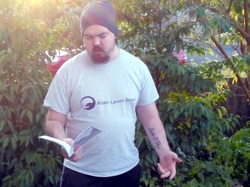 Bio: Adam Levon Brown is a published author, poet, amateur photographer, and cat lover. He is owner of Madness Muse Press; a micro-press that publishes dark poetry, and a book reviewer for Five 2 One Magazine. He has over 100 poems published in 9 different countries. He has been published in venues such as Burningword Literary Journal, Corvus Review, and Yellow Chair Review. Adam can be contacted via his website at www.AdamLevonBrown.org where he offers free poetry resources. Also see his press at www.Madnessmusepress.com 9/25/2016 Interview with Artist Petrina HicksShenae and Jade Untitled, 2005 119 x 111cm lightjet print AHC: Can you tell us a bit about your process, themes & inspirations? Petrina: Classical marble sculpture, renaissance painting, representation of female in contemporary culture and throughout art history, female symbolism, mythology, tapping into the collective unconscious, animism, nonduality, Kiki Smith, Vermeer, Michaël Borremans, contemplating the human condition: we are ephemeral, energetic beings having a human experience looking at how we reconcile that. A key aspect explored in my work is the dichotomy between the vitality of life force and fragile mortality of the human body. The way many people reconcile these polar opposites is through the notion of a divine force. Ideas relating to female identity and representation are also explored, drawing upon art history and looking at parallels between the depiction of females in renaissance art and contemporary image culture. My work also explores symbolism and archetypes, symbols are derived from archaic residues, I’m interested in the longevity of symbols and myths and their appearance in contemporary culture. Another key theme in my work is the animal-human relationship, animals seem to serve as a symbolic carrier of self, they represent aspects of self that I term ‘other’, aspects of self that are unresolved, unknown and foreign, or aspects of psyche yet to resolve. Artists have used representations of animals for centuries because they allow us to enter a metaphorical space enabling greater freedom to explore these abstract and unknown aspects of self, psyche and other. The Hand That Feeds The Shadows, 2013 100 x 200cm pigment print AHC: What first drew you to art? Was there a specific moment in your life or turning point where it became clear to you that you were being called to create? Petrina: It was through my discovery of photography, this tool called a camera that I could use to record my creations. There was an element of magic and mysticism I associated with photography, the chemical darkroom process of developing the film and seeing the images appear like magic. Then making prints in the darkroom and watching the images appear gradually on the paper as it's bathed in chemistry. It was this whole process I fell in love with, and the mystery of waiting to see what would appear on the film. I use a camera to record the sculptures I create in the studio, the sculptures are most often comprised of human, animal and objects. These sculptures are surrounded by clean blank space, so the viewer can enter the photograph and circulate the subject as one does with sculpture. Birdfingers The Shadows, 2013 100 x 100cm pigment print AHC: Can you talk about your notion of the 'false promise of perfection'? How you've been able to utilize photography to explore this, and why it's most compelling to use the clean, bright aspects of commercial photography to upend and suss out the contradictions behind these faulty notions of perfection and unspoiled surfaces? Petrina: My work is a subtle exploration of female representation, drawing upon art history & contemporary image making, often posing as the exact thing I’m investigating and this ambiguity could easily be misread. I’m interested in representation of female identity in these classical works, so I refer to these works yet simultaneously challenge them in my work. Which is a fine line, how does one challenge/interrogate the exact thing it’s posing as? My works look pleasing to the eye, yet within the image’s there is often something that doesn’t deliver, like a rupture in the surface, so the image doesn’t deliver the pleasure & seduction it’s promising. In my recent exhibition ‘The Unbearable Lightness of Being’, I was interested in the historical symbolism of ‘woman as vessel’, in one image a woman is laying across several antique looking vessels, The Unbearable Lightness of Being The Unbearable Lightness of Being, 2015 100 x 77cm pigment print and in another image the woman is depicted posing with copper and brass vessels. It’s a subtle investigation of ‘woman as vessel’ symbolism, it invites one to consider the female and the objects she is posing with. Serpentina II The Unbearable Lightness of Being, 2015 100 x 100cm pigment print AHC: What is it about the relationship between the animal and the human that inspires your work? Petrina: I find that animals seem to function as a kind of tool for allowing me to think through identity. Certain notions of human evolution seem to suggest the further a human distances itself from the animal, the more evolved the human is. Indigenous knowledge / Animism, suggests all creatures (animal and human) are interconnected and one. The boundaries between human and animal in my work is blurred, it is hard to determine where the human begins and the animal ends. Humans are self reflexive and seem to create an interior reality, this reality is then projected outwards. Whereas animals seem to live on the surface, in the moment, in the exterior - it is this dichotomy I find fascinating. The human subjects in my work appear dream-like and motionless, somehow trapped in their own interior, closed off to the exterior world. Lambswool The Descendants, 2008 120 x 120cm pigment print AHC: Who are some of your artistic influences? Is there anyone outside of the art world who has had a huge impact on your work, writers, filmmakers, philosophers etc? Petrina: I adore the work of Kiki Smith, her multidisciplinary practise explores mysticism, mythology, folklore, art history, traditional feminine archetypes. Throughout Kiki Smith's career her exploration of female, animal, nature and other has been a constant theme, explored through various mediums. I like this quote by writer Siri Hustvedt: “To look at Kiki Smith’s work is to enter a borderland where the articulated lines between inside and outside, whole and part, waking and sleeping, human and animal, ‘I’ and ‘not I’ are often in abeyance.” The Chrysalis Beautiful Creatures, 2011 Single channel HD video 6:00 min loop AHC: What is the first work of art you encountered that took your breath away? Petrina: The main central train station in Helsinki, an example of Romantic/Art Deco? Finnish architecture, there are these huge monolithic statues of mythical gods holding spherical lamps. I can't explain why, but I'm mesmerised by these statues/train station. And I recall similar feeling upon seeing the paintings of Vermeer. Ghost in the Shell
The Descendants, 2008 Single channel SD video 2:00 loop AHC: Do you have any upcoming exhibits or new projects you'd like to tell people about? Petrina: Some new work I'm currently making will be shown next year at The Armory Show, Photo London and exhibition titled Wall Power; Significant Contemporary Australian Photography in Berlin. For more information visit www.petrinahicks.com/ All images © Petrina Hicks (petrinahicks.com) |
AuthorWrite something about yourself. No need to be fancy, just an overview. Archives
April 2024
Categories |
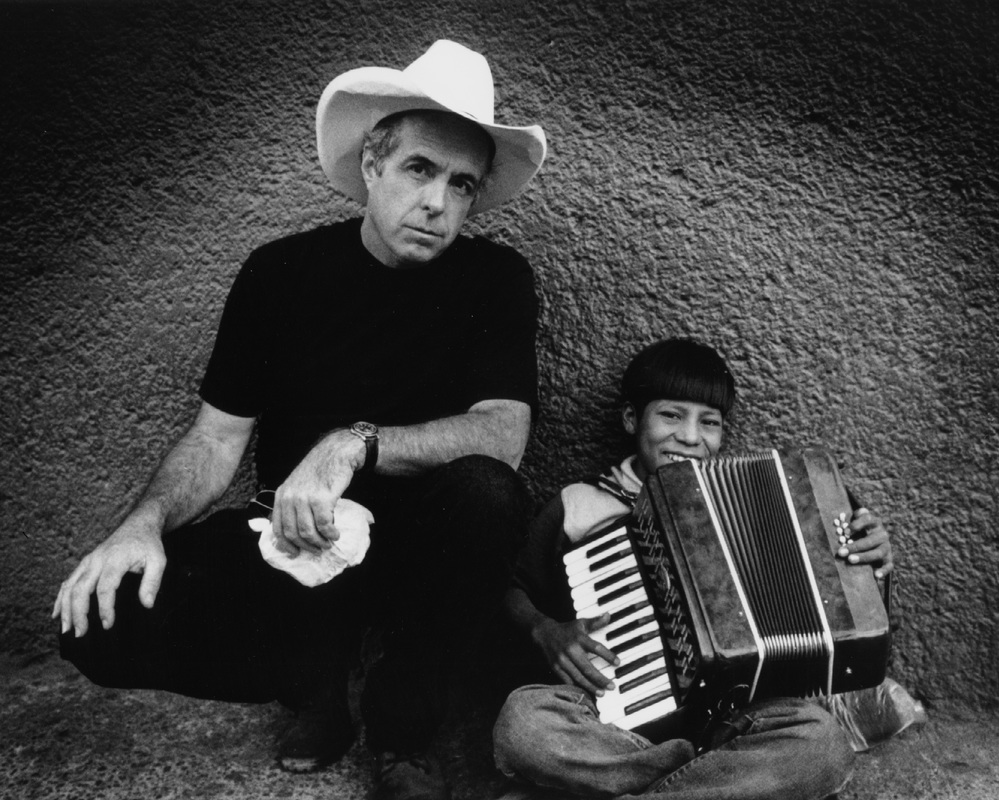
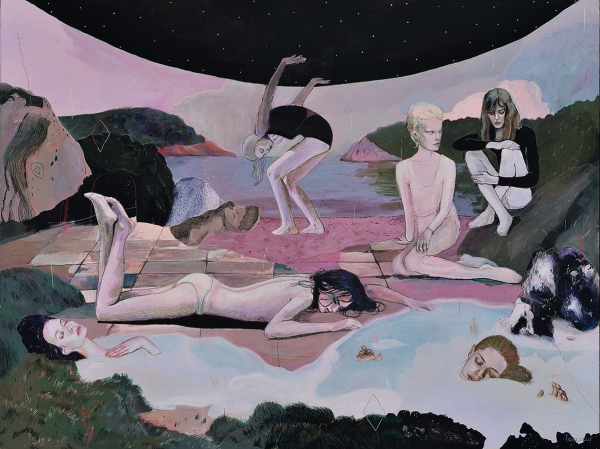
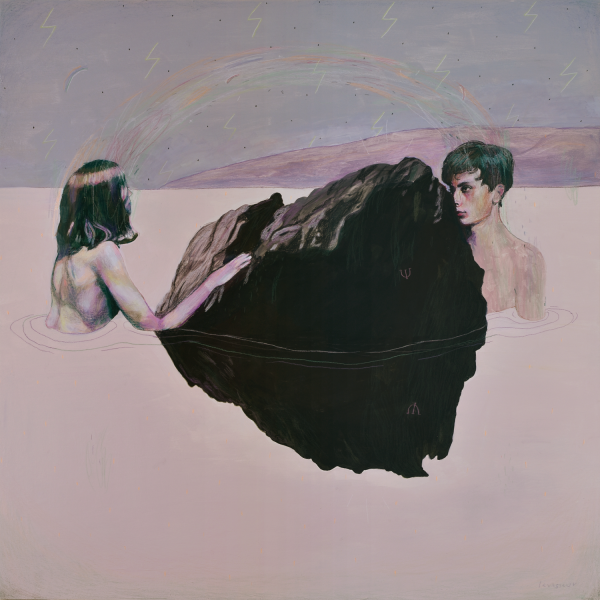
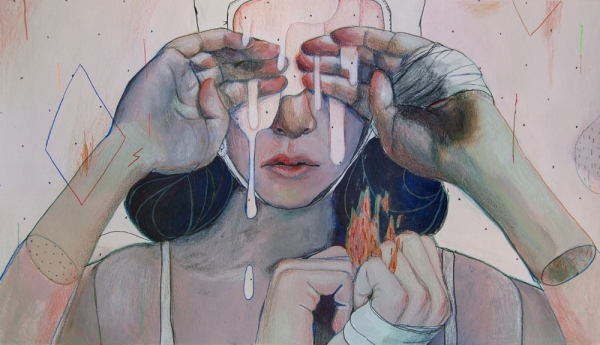
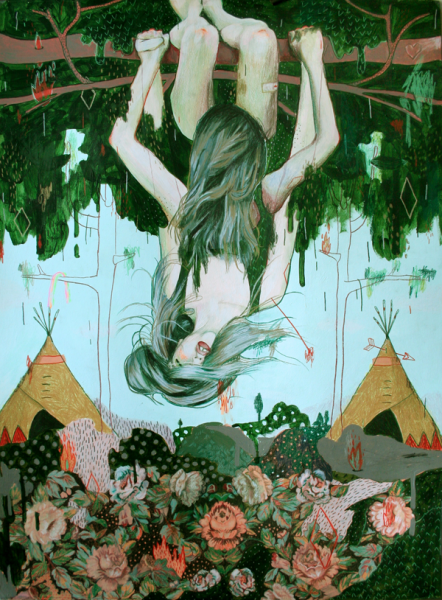
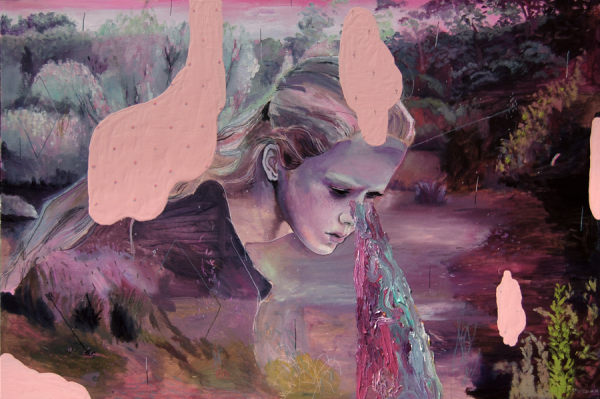
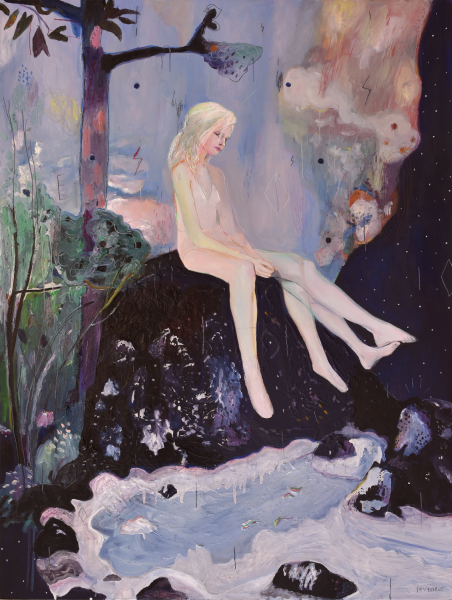
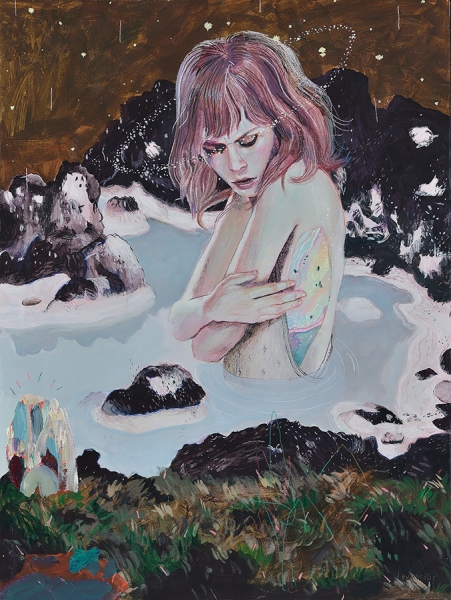
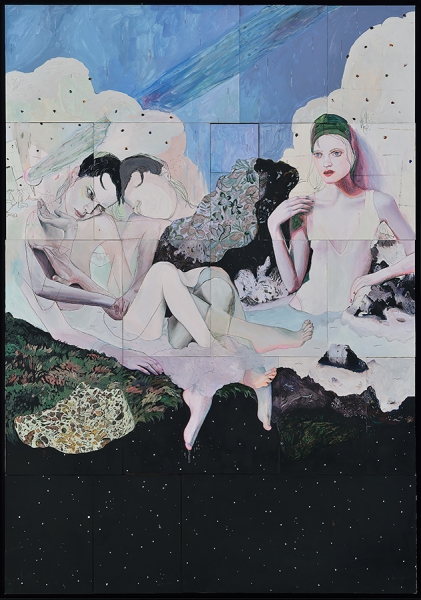
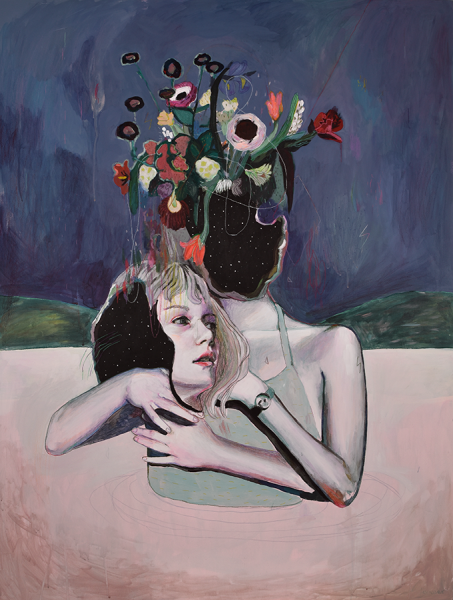
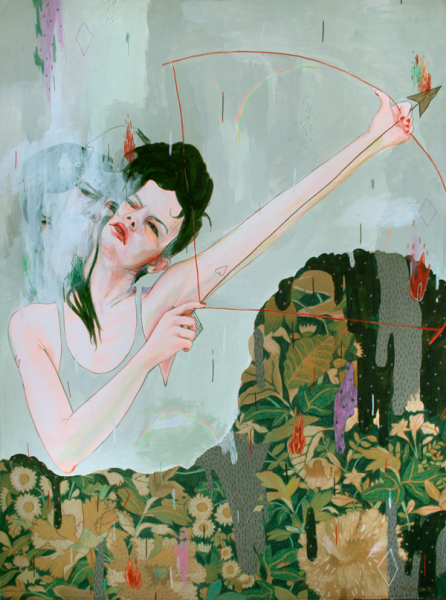
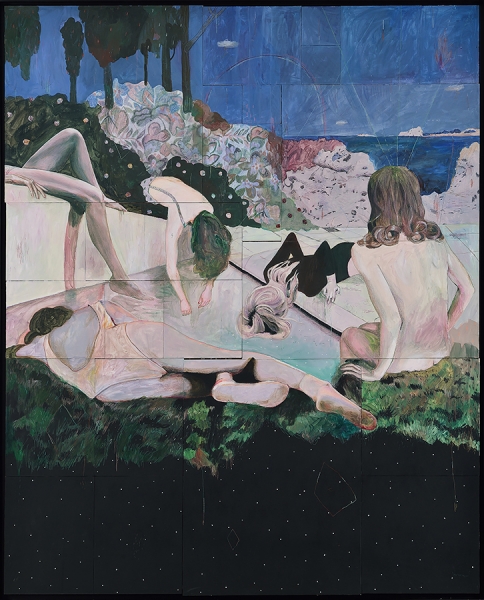
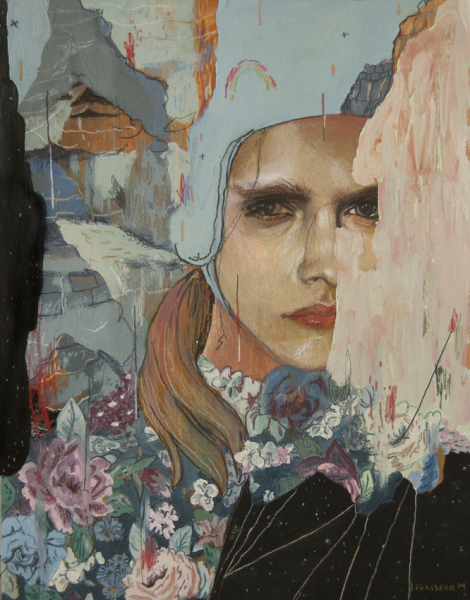
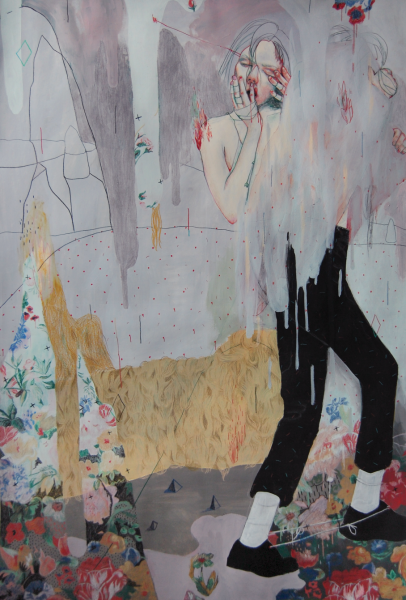
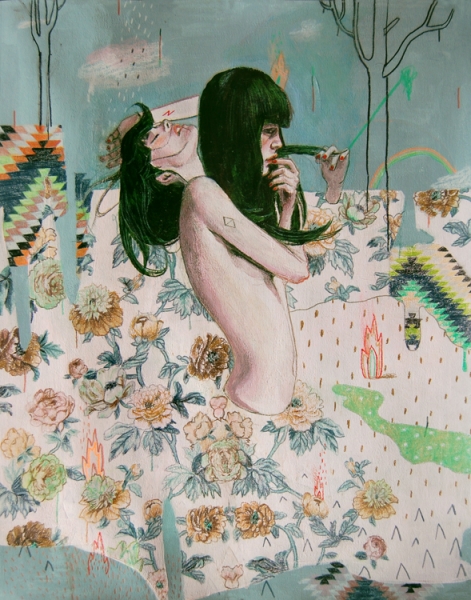
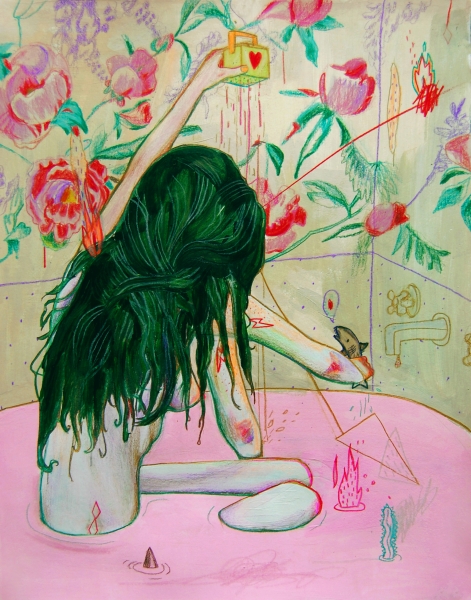
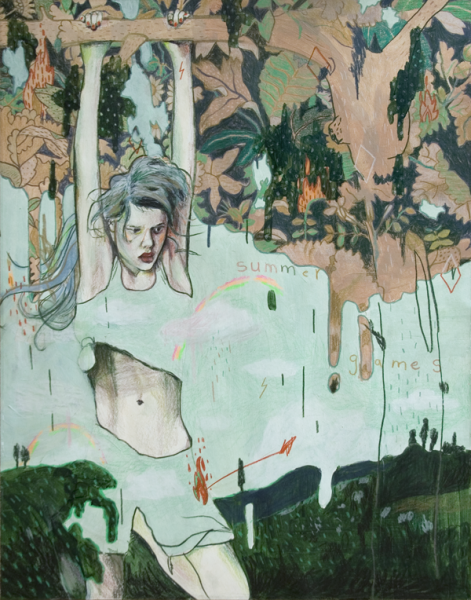
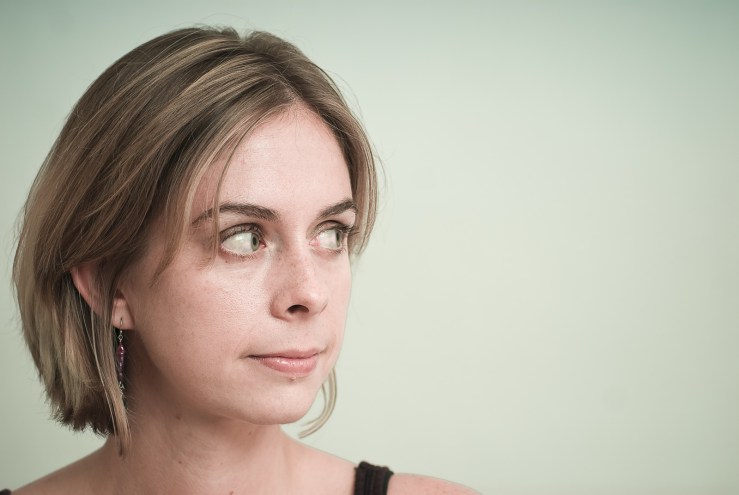

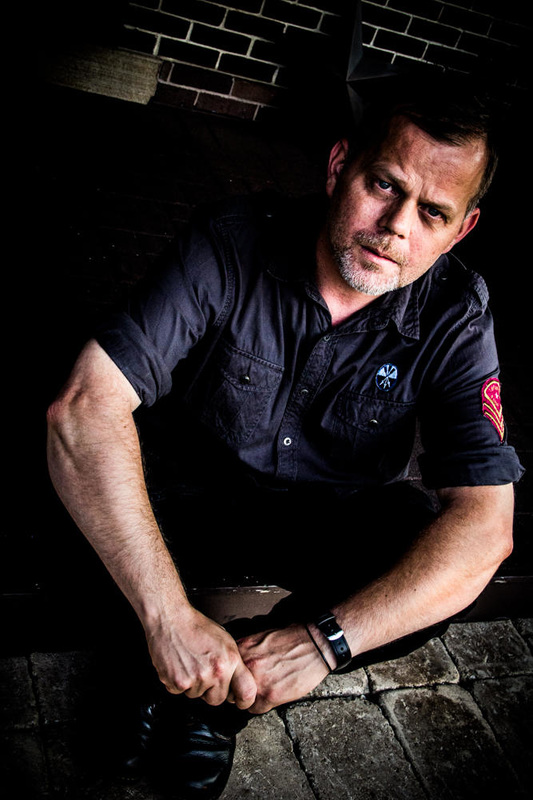
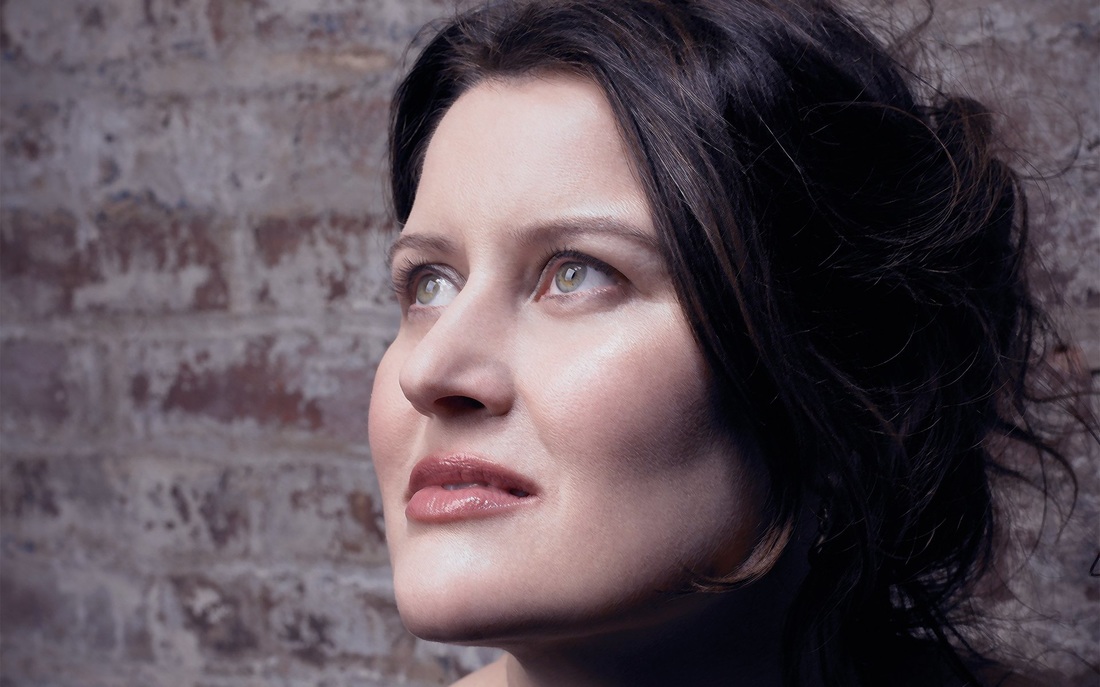
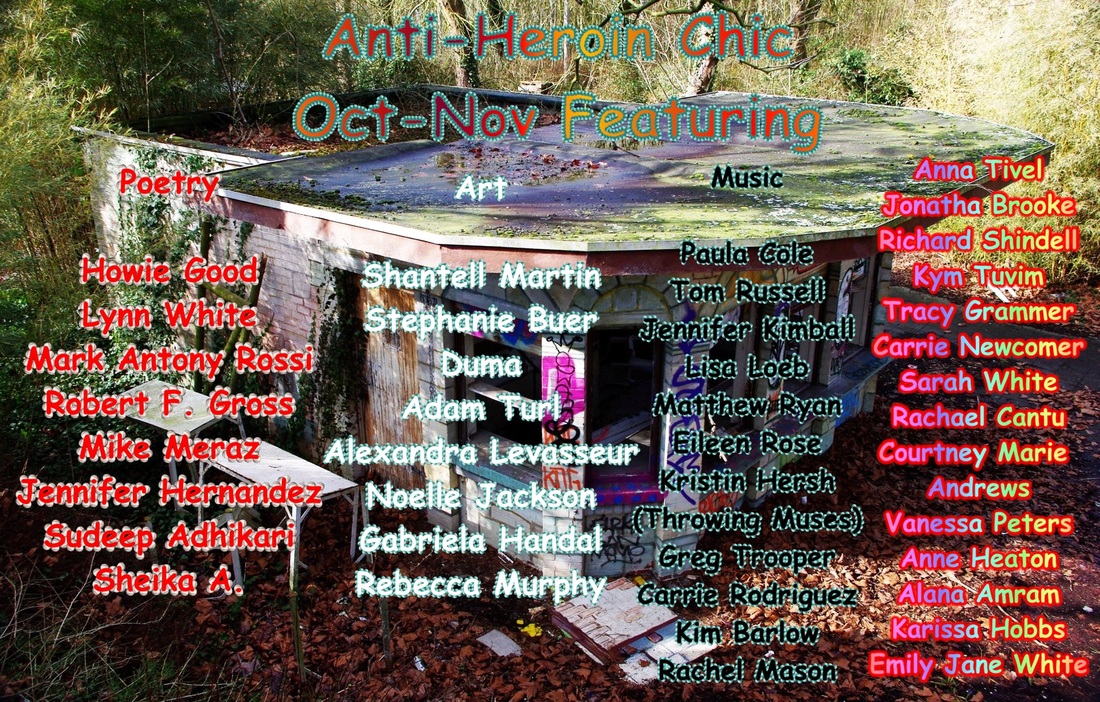
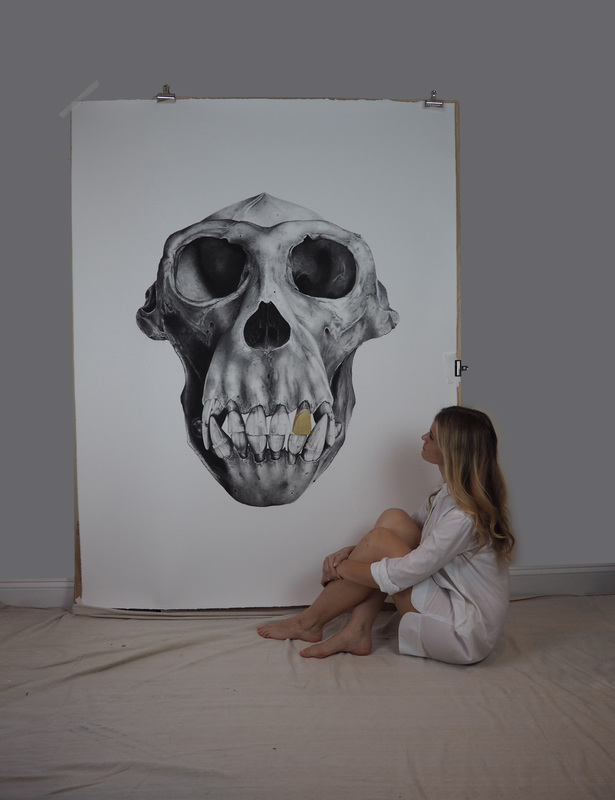
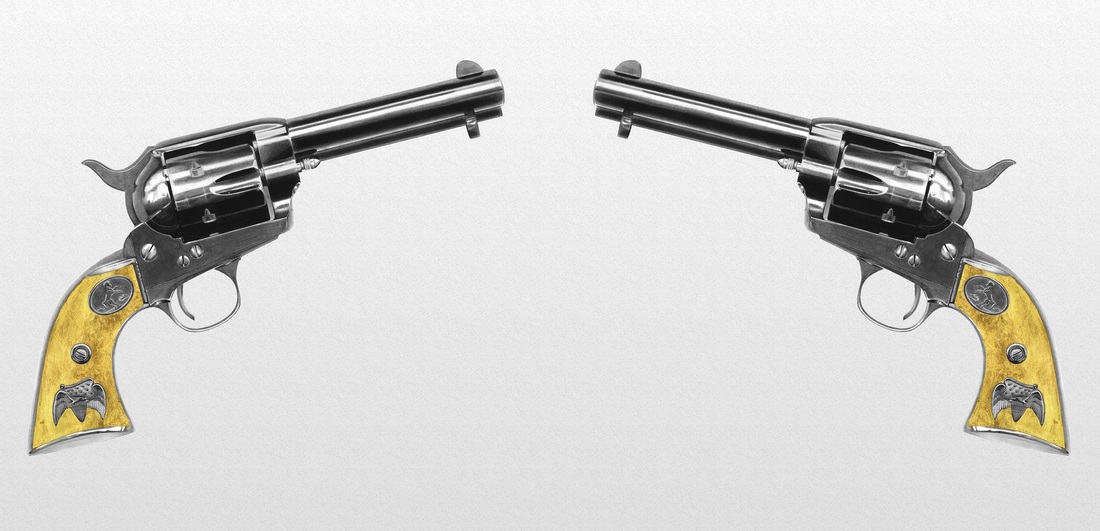
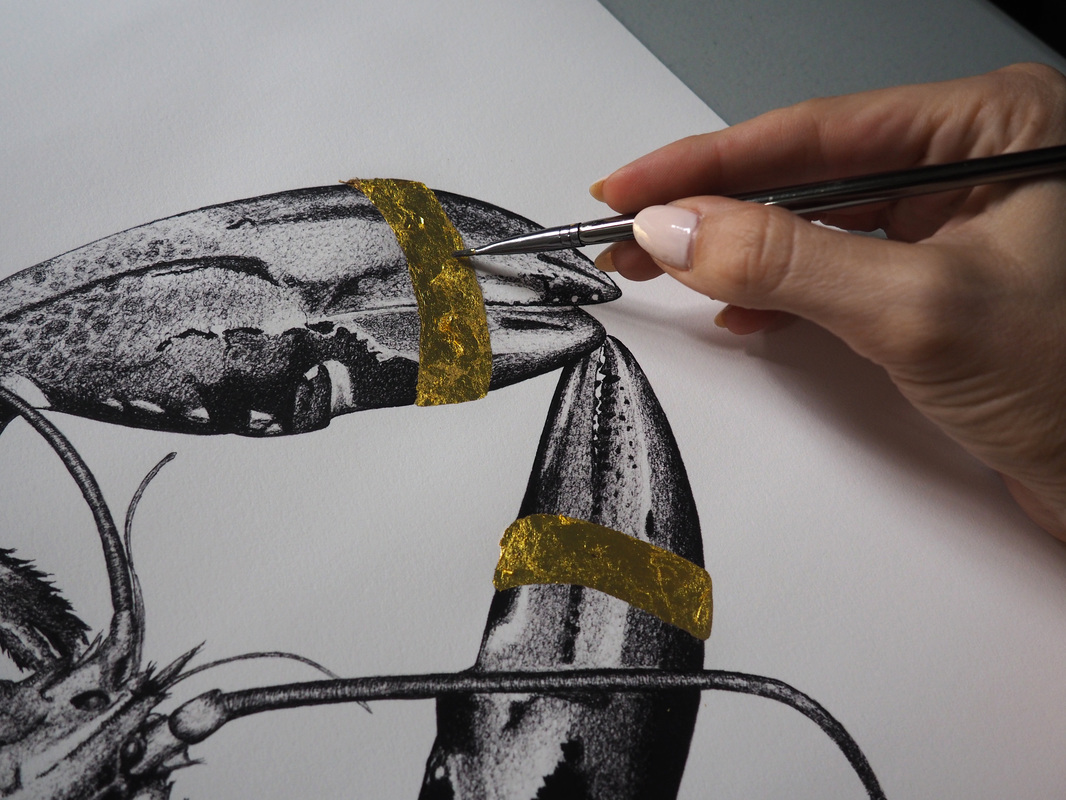
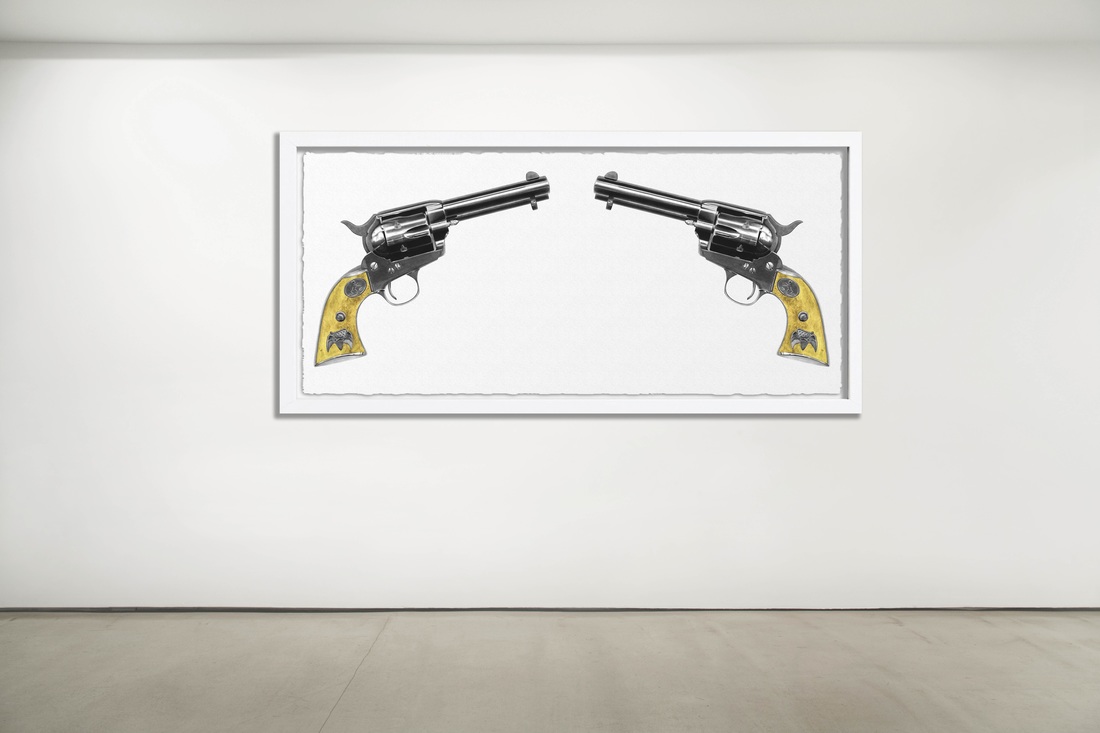
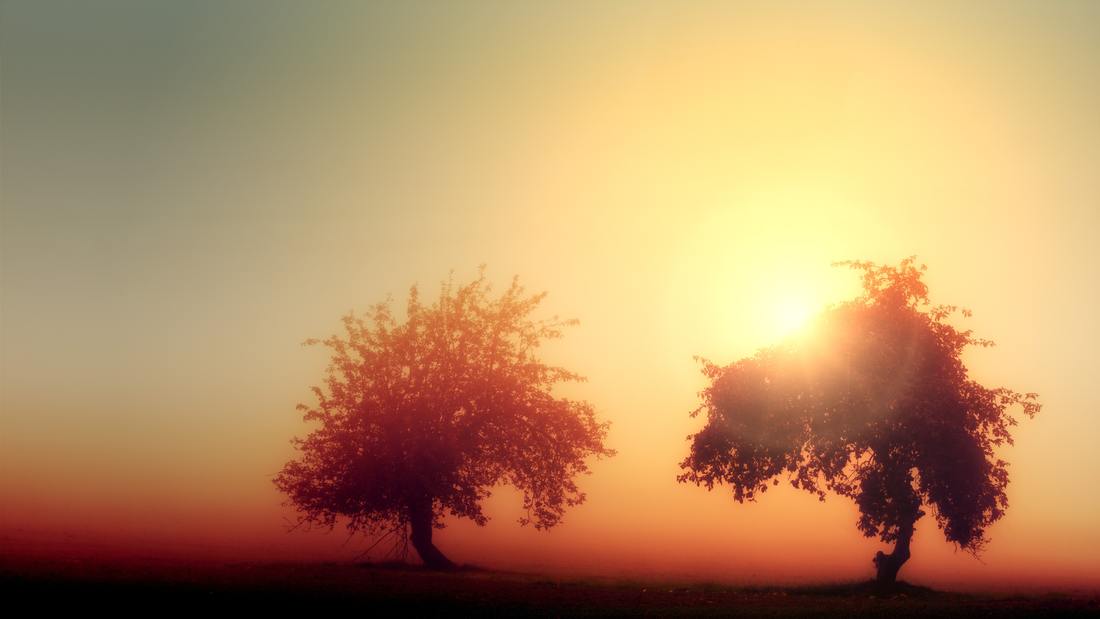
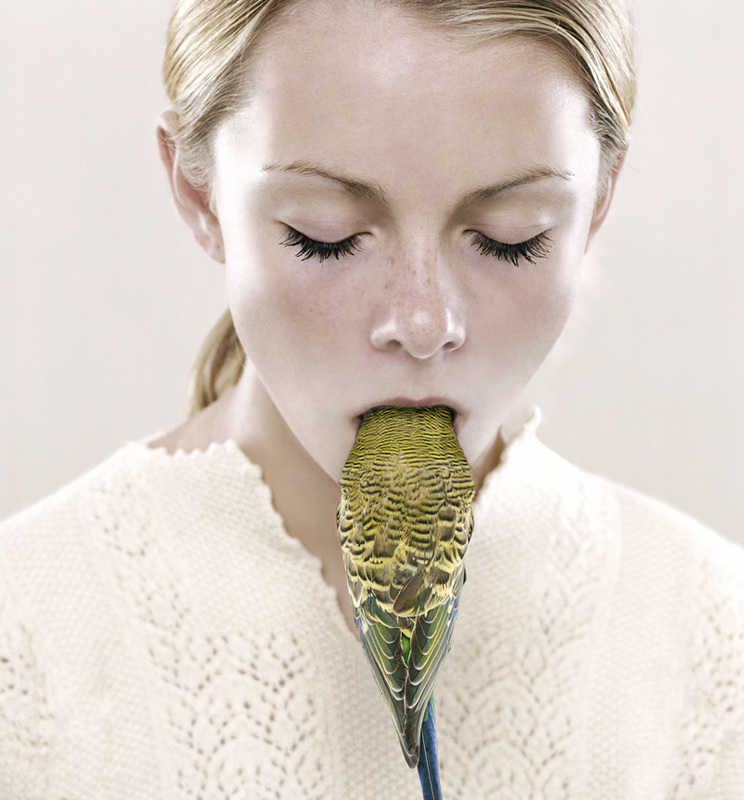
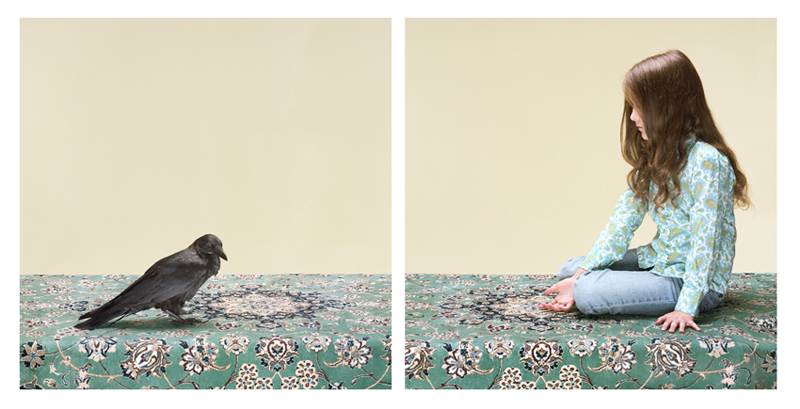
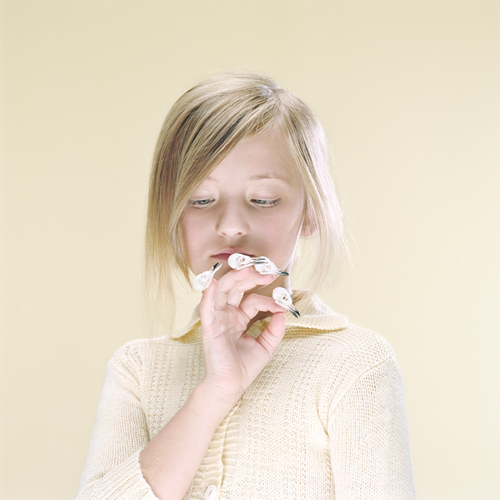
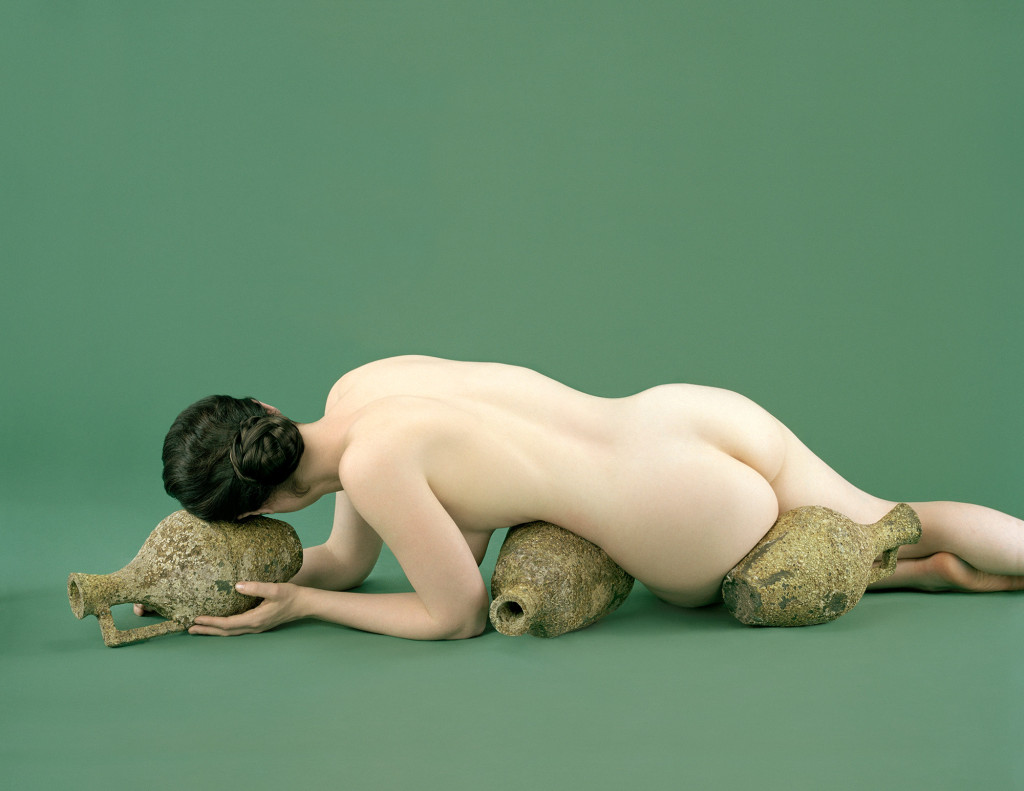
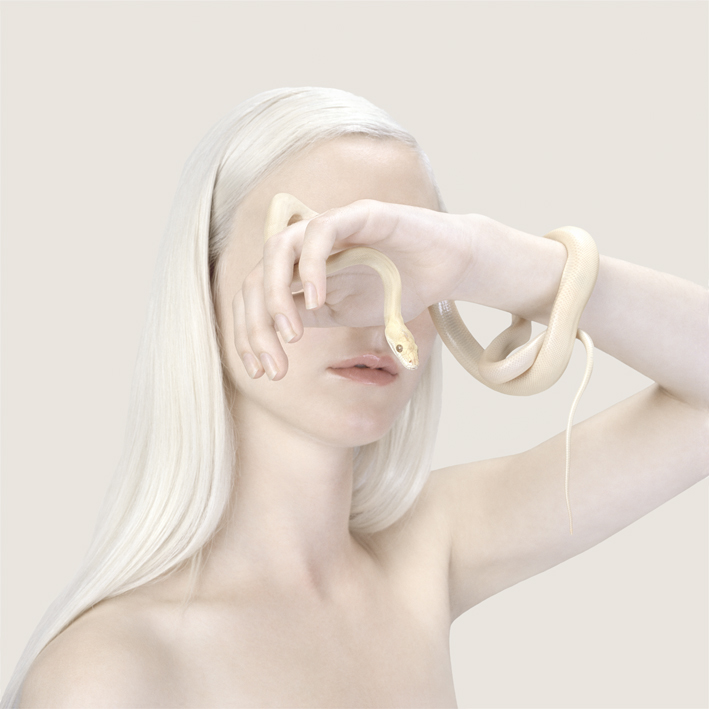
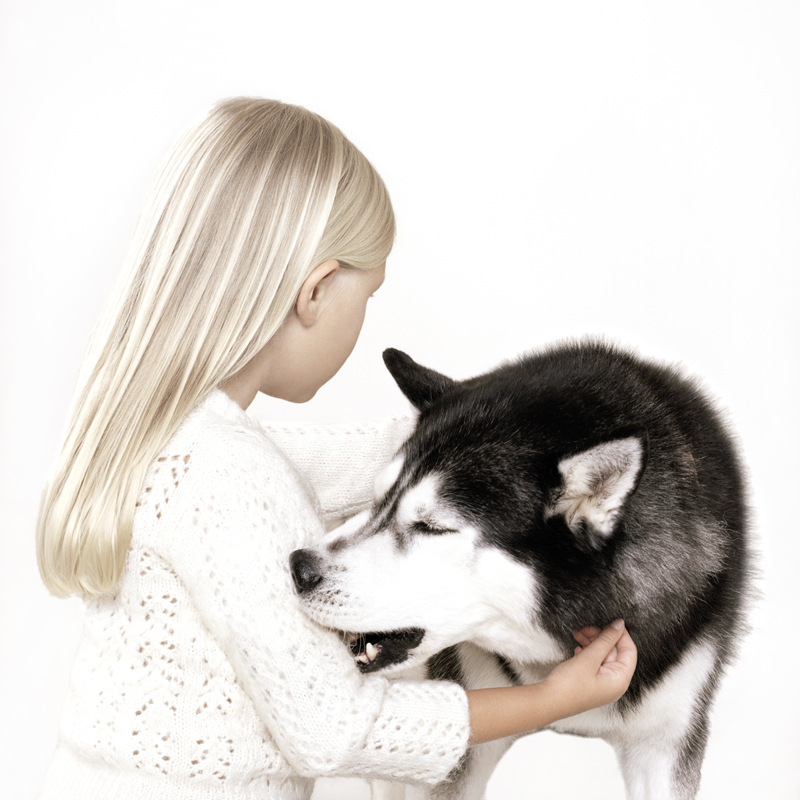

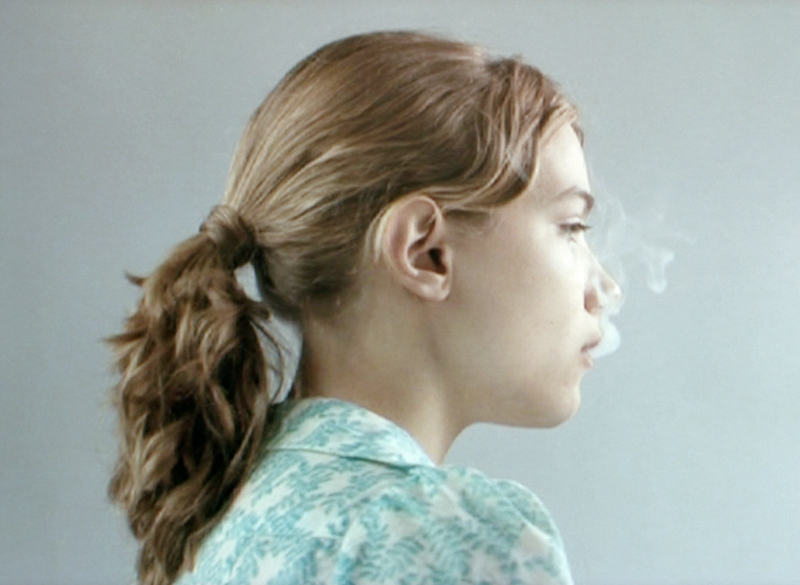
 RSS Feed
RSS Feed
